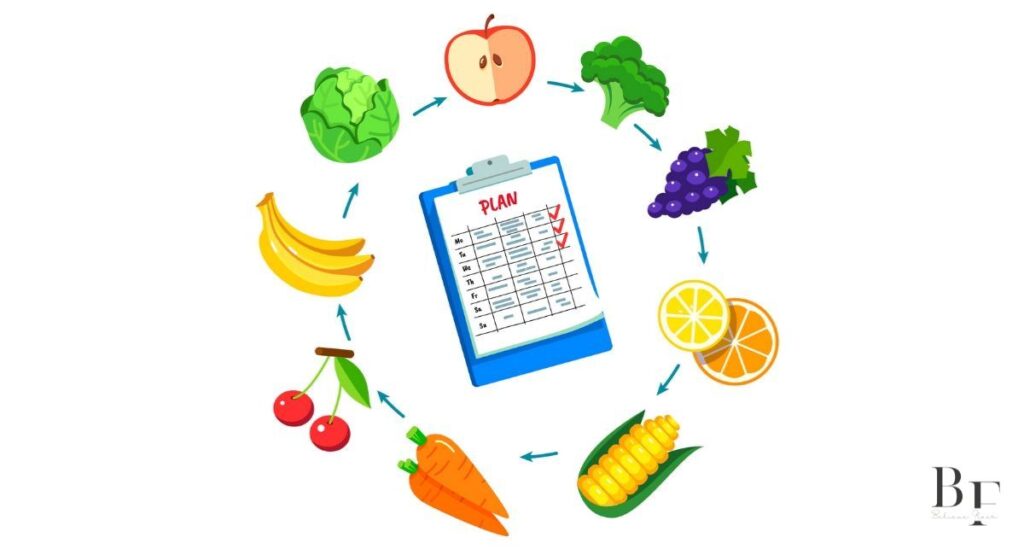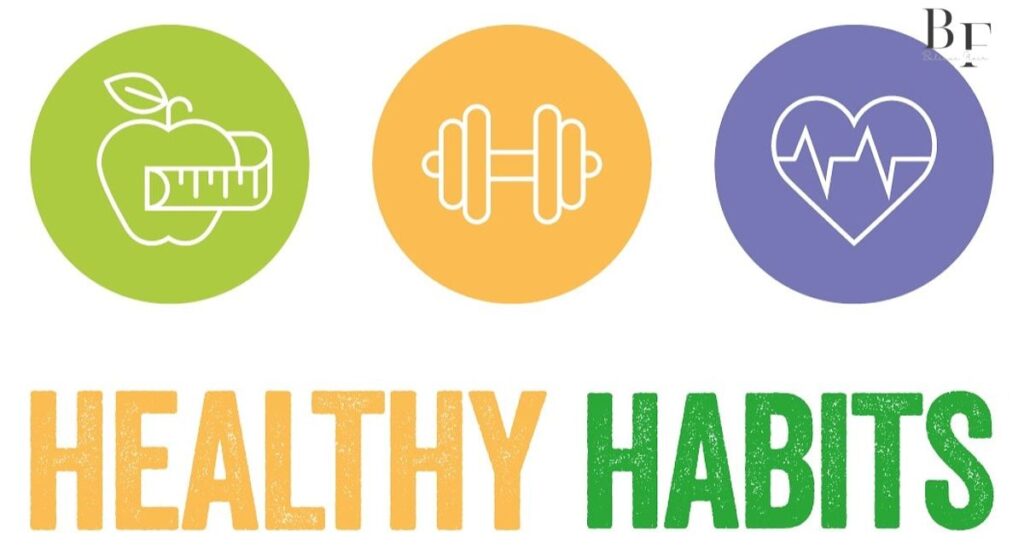Maintaining good gut health is essential for overall well-being, especially during adolescence when the body is growing fast and changing daily. The gut isn’t just about digestion—it’s home to trillions of bacteria that affect your mood, skin, energy, and even how well your brain works. A strong gut supports your immune system, helps absorb nutrients, and keeps inflammation low.
But poor nutrition, stress, lack of sleep, and too many processed foods can harm this balance. For teens, learning how to take care of their gut early can prevent serious problems later. This guide will help you understand and improve teen gut health using food, lifestyle, and expert-backed strategies.
Why Gut Health is Crucial During Adolescence

Adolescent health is filled with changes. These hormonal changes affect not only mood but also the gut. A teen’s gut microbiota connects deeply with their brain, which means poor digestion can lead to anxiety, mood swings, or even depression. A healthy gut supports a balanced mind and a strong immune system.
In teens, the gut does more than break down food. It helps absorb vital nutrients, supports healthy weight, and builds long-term disease resistance. Studies show that 70% of the immune function lives in the gut. If teens maintain a strong gut now, they build a solid health foundation for adulthood.
Common Gut Health Issues Faced by Teens

Many teenagers in the USA deal with bloating, constipation, and stomach pain. Often, the real issue lies in a damaged microbiome. Poor nutrition, overuse of antibiotics, and too much sugar intake from a Western-style diet can kill off good bacteria in the gut. When that happens, digestion becomes slower, and inflammation begins to rise.
Teen girls often face issues with bloating or irregular digestion, while boys might have energy crashes or bad skin. These symptoms are linked to an unbalanced digestive system. If left unchecked, gut problems can also affect growth, school performance, and emotional health. Recognizing these signs early can prevent long-term issues.
The Role of Functional Medicine in Assessing Gut Health

Functional medicine offers a deeper look at what’s really going on inside a teen’s gut. Instead of just treating symptoms, it looks for the root cause. Doctors may use stool tests, food sensitivity panels, or breath tests to see how well the gut is breaking down food, managing bacteria, or fighting inflammation.
This kind of testing helps create personalized gut healing plans. For instance, if a test finds low fiber breakdown, they may recommend more high-fiber foods or prebiotic-rich diet changes. Or if yeast overgrowth is found, it might lead to herbal treatments instead of antibiotics. Functional testing is growing in popularity across the USA and helps fill the gaps that traditional care sometimes misses.
Dietary Strategies to Improve Teen Gut Health

A balanced diet is the first and best way to improve gut health interventions for adolescents teens. Adding more fiber, probiotics, and prebiotics supports the growth of good bacteria. Foods like Greek yogurt, kefir, fermented vegetables, and chia seeds help with better digestion and reduce inflammation.
Avoiding processed foods, artificial sweeteners, and excess sugar intake is key. These items destroy good gut microbiota and feed harmful bacteria. Encourage teens to eat colorful fruits, vegetables, whole grains, and healthy fats. These are not only packed with nutrients but also help heal the digestive system from the inside out.
Lifestyle Habits that Promote a Healthy Gut

Lifestyle plays a huge role in adolescent health. Good sleep hygiene is essential for healthy digestion. Lack of sleep leads to more stress, poor food choices, and weak immune function. Teens should aim for 8–10 hours of sleep per night and reduce screen time before bed.
Physical activity improves digestion and boosts mood. A 30–60 minute daily routine of walking, dancing, or sports can support a healthy microbiome. Also, stress management through breathing exercises, journaling, or therapy reduces harmful gut symptoms like cramping or bloating. When the body is calm, the gut functions better.
Effective Use of Supplements and Herbal Remedies

While food should always come first, probiotic supplements can help when diet isn’t enough. These supplements add good bacteria back into the gut microbiota. Teens who’ve taken antibiotics or have long-standing gut problems may benefit from them. Always look for USA-certified brands made for teenagers.
Herbal remedies like peppermint tea, ginger, and turmeric can reduce gas, cramping, and inflammation. Digestive enzymes may help teens who feel full after small meals. But supplements should never replace food. Work with a healthcare provider to choose safe options for your teen’s unique digestive system.
Prebiotic and Probiotic Recipes and Meal Ideas for Teens
Here are some easy and tasty recipes that support gut health interventions for adolescents teens. These recipes use high-fiber foods, prebiotics, and fermented ingredients to keep the microbiome thriving.
| Meal | Ingredients | Gut Health Benefits |
| Blueberry overnight oats | Chia seeds, Greek yogurt, oats, berries | High in fiber, good bacteria, supports digestion |
| Almond butter smoothie | Banana, kefir, almond butter, cocoa | Boosts nutrients, adds probiotics, calms inflammation |
| Lunch wrap | Whole grain wrap, fermented vegetables, chicken | High in fiber, low in processed foods, adds good bacteria |
These meals are teen-approved, quick to make, and support a balanced digestive system naturally.
Antibiotics and Gut Health: What Parents and Teens Should Know
While antibiotics are sometimes needed, they also wipe out both good and bad bacteria. Overusing them weakens the immune system and can damage the gut microbiota for months. In the USA, many doctors now suggest restoring gut health after antibiotic use with a probiotic supplement or fermented foods like kombucha.
Parents should talk with healthcare providers before agreeing to antibiotics, especially for viral illnesses like colds or flu. After antibiotic use, prebiotic-rich diet choices, kefir, and Greek yogurt can help repair the gut faster and reduce side effects like diarrhea or fatigue.
When to Seek Professional Help for Gut Issues

If a teen has ongoing gas, stomach pain, or irregular bowel movements, it might be time to see a specialist. Red flag symptoms include blood in stool, sudden weight loss, or food fears. Pediatric gastroenterologists or functional doctors in the USA can run deeper tests to find the real cause.
These professionals might check for food intolerances, bacteria imbalances, or signs of inflammation. A custom care plan based on the teen’s unique digestion pattern can bring better results than over-the-counter solutions. Trust your gut — if something feels off, get help early.
Educating Teens and Caregivers on Maintaining Gut Health

Teaching teenagers about their digestive system helps them take control of their health. Use simple trackers or apps to log food, symptoms, sleep, and stress levels. These tools can help spot patterns and triggers quickly. Parents can support by creating a gut-friendly kitchen with fewer processed foods and more high-fiber foods.
Some USA schools are starting to include nutrition and gut health in health classes, which is a great step forward. When both teens and caregivers understand the link between gut microbiota and total adolescent health, the changes become long-lasting and powerful.
Conclusion:
Helping teenagers maintain a healthy gut isn’t hard—it just takes knowledge, care, and the right habits. From eating high-fiber foods and fermented meals to sleeping well and managing stress, small actions can make a big impact. With the right interventions, teens in the USA can enjoy better mood, energy, focus, and total body health through a balanced digestive system.
FAQs
- How can teens improve their gut health?
Teens can improve their gut health by eating more high-fiber foods, getting enough sleep, staying active, managing stress, and cutting down on processed foods and sugar.
- What are the 10 best foods for a teenager to eat?
Top gut-friendly foods for teens include Greek yogurt, kefir, bananas, oats, chia seeds, berries, broccoli, lentils, almonds, and fermented vegetables like kimchi or sauerkraut.
- How do I detox my child’s gut?
Start by removing junk food and adding whole foods like fruits, vegetables, and water. Support their digestion with probiotics, prebiotics, and plenty of fiber.
- What drink helps clean the gut?
Drinks like kombucha, warm lemon water, or a kefir smoothie help cleanse the gut by restoring good bacteria and improving regularity.
- What is a natural bowel cleanse for kids?
A natural cleanse includes water, fiber-rich fruits, veggies, and chia seeds. Avoid laxatives unless recommended by a doctor.

Welcome to Believe Flair. Iam Qasim Ali, an AI-Powered SEO, and Content Writer With years of Experience. I help Websites rank higher, Grow traffic and amazing. My Goal is to make SEO and Web designing simple and effective for everyone. Lets achieve more together!

